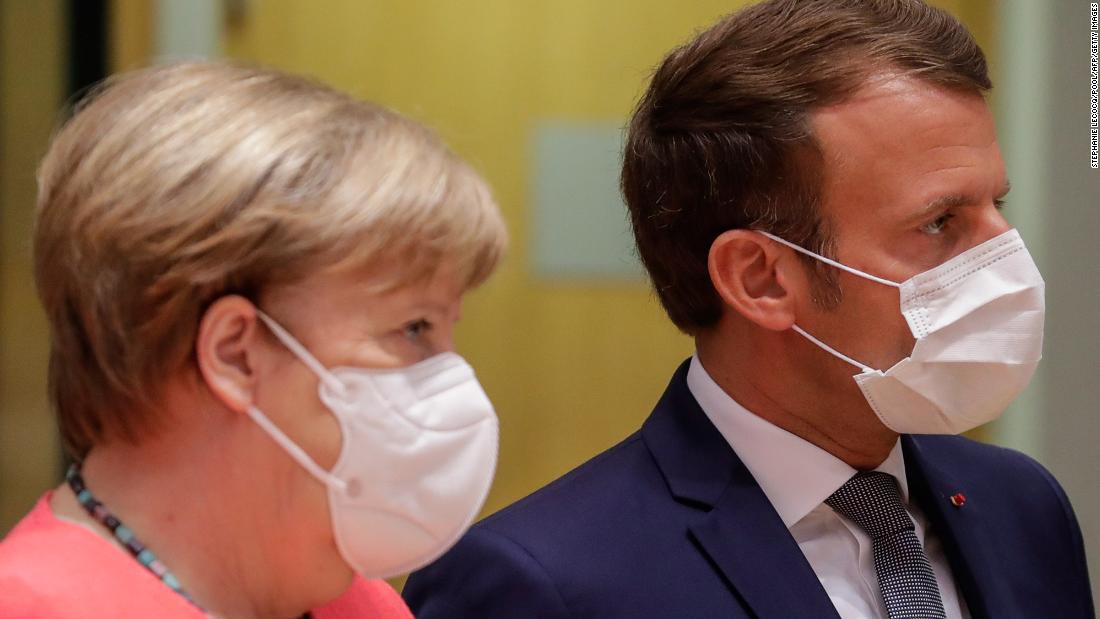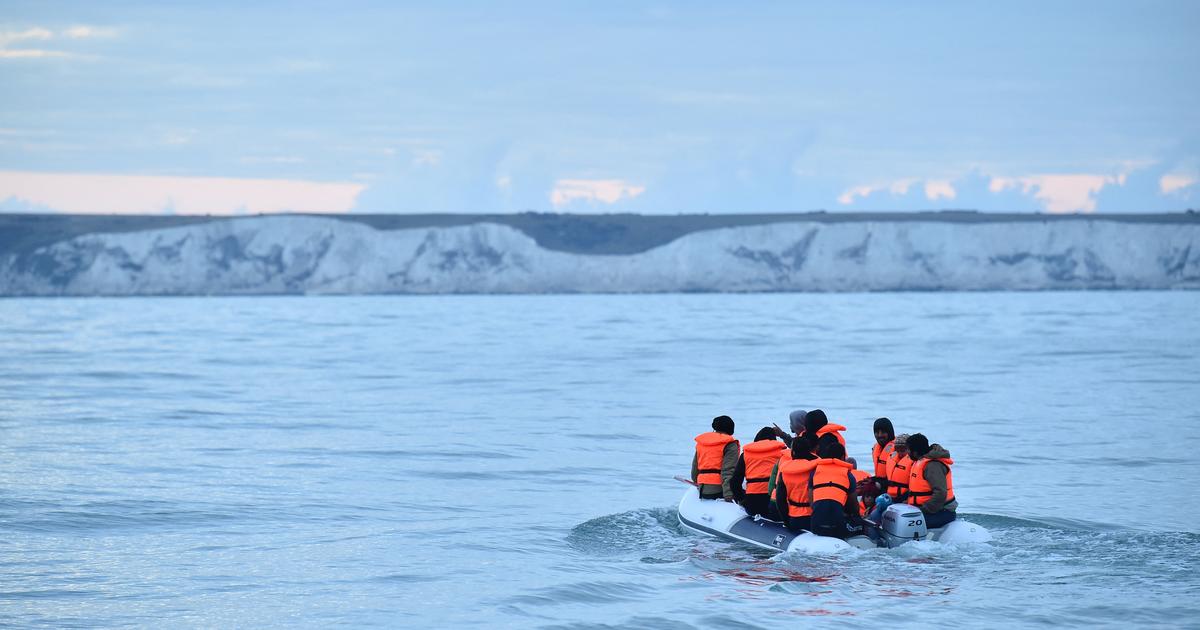Covid-19 infections increase in Europe 2:56
(CNN) -
Two of Europe's largest economies, France and Germany, have announced new lockdown orders in response to the growing number of coronavirus cases.
France will begin a four-week lockdown on Friday, October 30, President Emmanuel Macron said on Wednesday.
His statement came just hours after German Chancellor Angela Merkel also announced a four-week national lockdown starting next Monday.
Macron announced the French measures in a televised speech Wednesday night, saying the existing restrictions "were no longer sufficient."
By mid-November, COVID-19 patients could occupy all intensive care beds unless a "brake" is put on the virus, he warned.
Why deaths are not rising as fast in the second wave of covid-19, despite spikes in new infections
France takes action after the beheading of Samuel Paty 0:57
Under the confinement order, people in France will need a certificate to move.
Non-essential businesses, restaurants and bars will be closed.
advertising
Schools and workplaces will remain open and visits to nursing homes will be allowed.
However, the French will only be allowed to go out "to work, go to a doctor's appointment, take care of a relative, buy essentials and get some air," Macron said.
"The virus is circulating at a speed that not even the most pessimistic had predicted," he said, adding that the curfew imposed in Paris and other administrative areas did not reduce the spread of the virus.
The confinement order in France will last until December 1 at "minimum," according to Macron.
Confinement in Germany due to coronavirus
German restaurants, bars and clubs will also be closed to "avoid a national health emergency," according to Merkel.
People residing in Germany are advised to stay home, avoid traveling and "keep their contacts to a minimum," he said.
Social contacts will be limited to two households in public.
Schools and kindergartens will remain open, but they will have to take strict hygiene measures to do so.
Germany's restrictions will be reevaluated in two weeks, Merkel said.
Although strict, the new guidelines in both countries are less harsh than the lockdowns imposed this spring, which paralyzed Germany and France.
Apparently there is a lower mortality in the second wave of covid-19 in Europe
They discard for now raising the alarm state in Madrid 3:03
French hospitals on the brink of collapse due to coronavirus cases
The coronavirus pandemic has intensified in the European Union as winter approaches, and infections are soaring across the continent.
France has one of the highest coronavirus infection rates relative to its population in the European Union, according to the European Center for Disease Prevention and Control (ECDC).
The agency's figures show that it has 659.9 cases per 100,000 inhabitants in the last 14 days.
On Tuesday, France reported 34,591 new confirmed cases and 530 deaths, according to data from Johns Hopkins University (JHU), bringing its total to 1,279,384 confirmed cases and 35,820 deaths.
Jean-François Delfraissy, who heads the scientific council that advises the French government, warned on Monday that France could have around 100,000 new cases of coronavirus per day, as many may be undiagnosed or asymptomatic cases.
The French Hospitals Federation, which represents 4,800 hospitals, warned of capacity problems in a statement Wednesday.
The group said in a statement that a total closure was the "only solution" and would allow French hospitals "to successfully treat all French people, whether they have covid, have some other serious illness or are affected by a serious accident." .
"France's hospital system will not continue without radical measures," said federation president Frédéric Valletoux in an interview with French radio station France Inter, adding that hospitals are struggling with fewer medical personnel. compared to the peak of spring.
Germany was praised for its pandemic response during the first wave, thanks to large-scale testing and rapid response to the outbreak that has helped keep its death rate from covid-19 relatively low, despite a high number of reported cases. .
As it struggles with the second wave, the country has seen the number of intensive care admissions double, Merkel said.
"I mean what makes the situation particularly dire… the rate of spread is particularly high," he said.
His announcement came after a meeting with leaders of Germany's 16 federal states to discuss the increase in cases in the country, which has seen the state of Bavaria and Frankfurt introduce restrictions ranging from curfews to localized closures.
Germany recorded a record 14,964 new daily infections on Wednesday, according to the country's disease control agency, the Robert Koch Institute.
The country's total coronavirus case count is now 449,275 and the death toll is 10,098, data from the institute showed.
- Barbara Wojazer of CNN in Paris and Lindsay Isaac of CNN in London contributed to this report.
2covid-19 second wave






/cloudfront-eu-central-1.images.arcpublishing.com/prisa/JVLB4BGCGKEAEERWV6XUTKFN2U.jpg)






